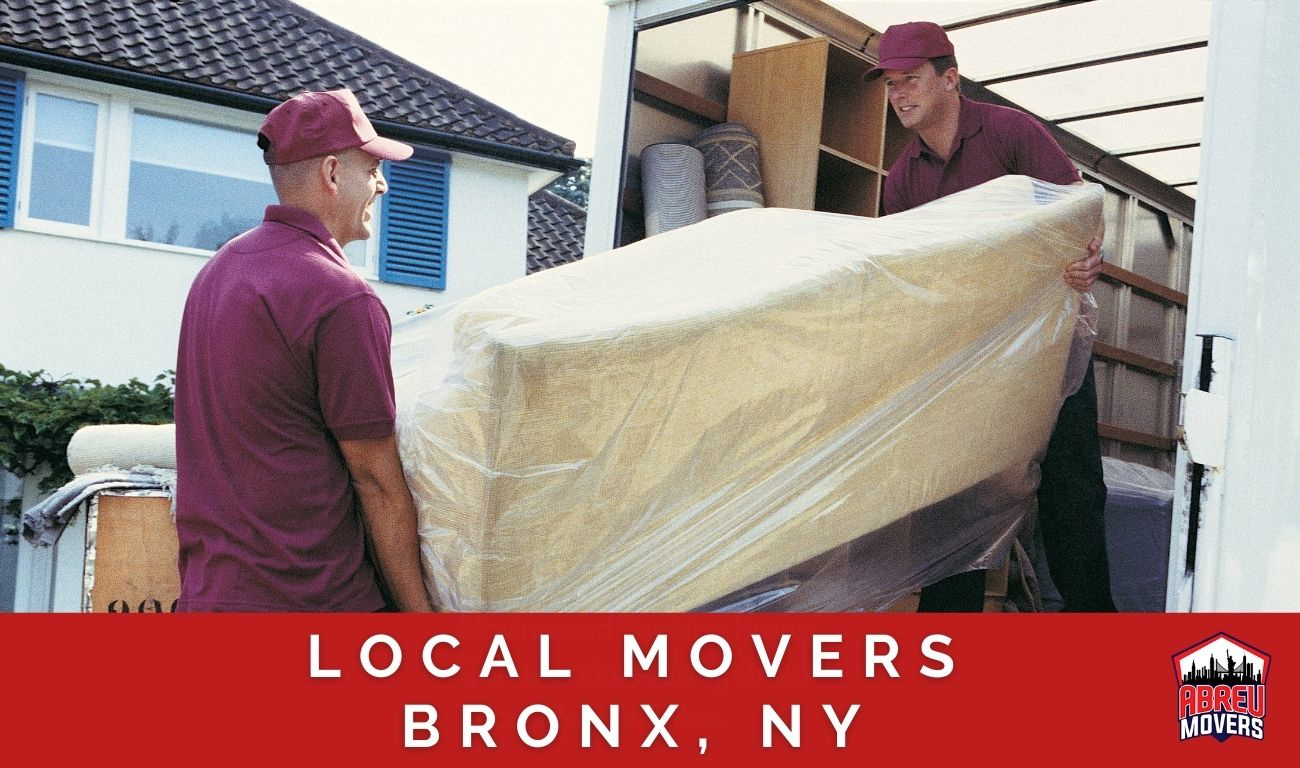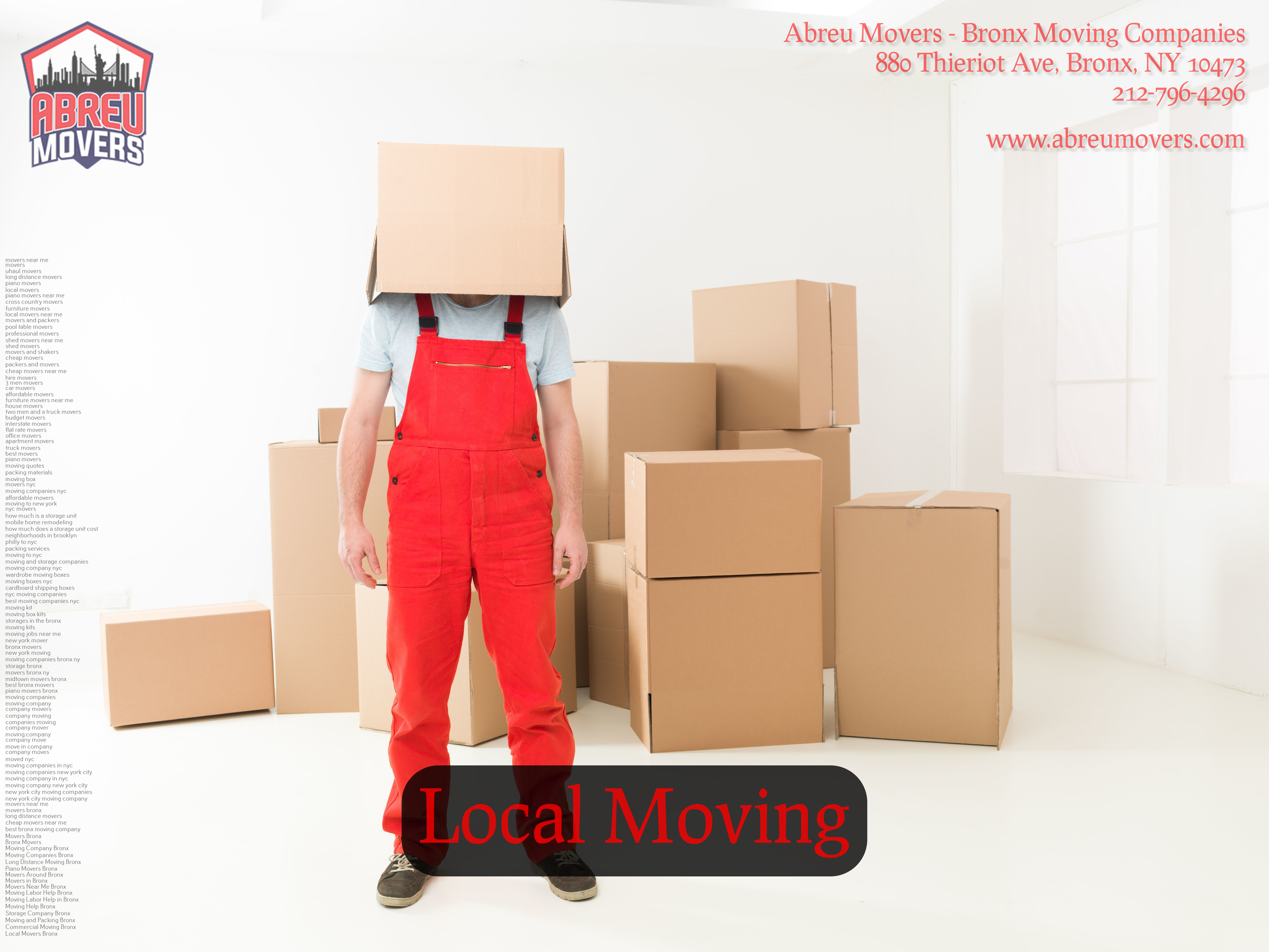


Introduction
Moving http://kylertpik894.theglensecret.com/the-top-10-local-moving-services-in-bronx can be a stressful and chaotic time, especially when it comes to handling hazardous materials. Whether you are moving across town or just a few blocks away, it is essential to know how to properly handle and dispose of hazardous materials during a local move. In this article, we will provide you with valuable information on what to do with hazardous materials, along with tips and guidelines from local movers in the Bronx. So, let's dive in and ensure a safe and smooth local move!
What Are Hazardous Materials?
Before we delve into the dos and don'ts of handling hazardous materials during a local move, it is crucial to understand what exactly constitutes hazardous materials. Hazardous materials are substances that pose a risk to health, safety, property, or the environment. They can include chemicals, solvents, paints, batteries, propane tanks, pesticides, and more.
Why Is Proper Handling of Hazardous Materials Important?
Proper handling of hazardous materials is essential for several reasons:
Safety: Hazardous materials can be harmful if mishandled or improperly disposed of. They may pose health risks to individuals or cause accidents if they come into contact with other substances.
Legal Compliance: There are regulations in place regarding the transportation and disposal of hazardous materials. Failure to comply with these regulations can result in fines or other legal consequences.
Environmental Protection: Improper disposal of hazardous materials can have severe environmental consequences. These substances can contaminate soil, water sources, and harm wildlife if not handled correctly.
Insurance Coverage: Many moving companies have specific policies regarding the transportation of hazardous materials. Failing to adhere to these policies could result in voiding your insurance coverage for any damages or accidents that may occur during the move.
Now that we understand the importance of proper handling let's explore some guidelines for handling hazardous materials during a local move.
Guidelines for Handling Hazardous Materials during a Local Move
1. Identify and Sort Hazardous Materials
Before your move, take the time to identify and sort any hazardous materials you may have in your possession. This includes items such as cleaning agents, paints, flammable liquids, and batteries. Once identified, separate these materials from the rest of your belongings.
2. Research Local Regulations
Different municipalities may have varying regulations regarding the transportation and disposal of hazardous materials. Take the time to research the specific guidelines and regulations in your local area to ensure compliance.
3. Contact Your Local Waste Management Facility
Reach out to your local waste management facility or municipality to inquire about their procedures for disposing of hazardous materials. They will be able to provide you with information on drop-off locations, collection dates, and any additional requirements.
4. Properly Package Hazardous Materials
When packing hazardous materials for a local move, it is crucial to use proper packaging materials and techniques. Ensure that all containers are tightly sealed, labeled correctly, and stored upright to prevent leaks or spills during transportation.
5. Inform Your Movers
Inform your chosen local moving company in the Bronx about any hazardous materials you will be transporting. This will allow them to make necessary arrangements and ensure compliance with their policies and regulations.
6. Consider Professional Assistance
If you are unsure about how to handle certain hazardous materials or feel overwhelmed by the process, consider hiring professional assistance. There are specialized companies that can help with the proper packaging, transportation, and disposal of hazardous materials during a local move.
FAQs about Handling Hazardous Materials during a Local Move
Q: Can I transport propane tanks during a local move?
A: Propane tanks are considered hazardous materials and require special handling due to their flammable nature. It is best to consult with your local moving company or a hazardous materials transportation specialist for guidance.
Q: What should I do with old batteries during a local move?
A: Old batteries should not be thrown in the trash. Contact your local waste management facility to inquire about battery recycling programs or drop-off locations.
Q: Can I transport cleaning agents during a local move?
A: Cleaning agents can be hazardous if mishandled or stored improperly. Ensure that all cleaning agents are tightly sealed and properly labeled before transportation. Inform your movers about the presence of cleaning agents so they can take necessary precautions.
Q: How should I dispose of unused paint during a local move?
A: Unused paint can be considered hazardous waste. Contact your local waste management facility for instructions on proper disposal methods, such as drop-off locations or collection events.
Q: Are there any restrictions on transporting flammable liquids during a local move?
A: Yes, transporting flammable liquids may be subject to specific regulations and restrictions. Consult with your local moving company or hazardous materials transportation specialist for guidance on proper handling and packaging.
Q: What should I do if I come across unknown hazardous materials during packing?
A: If you encounter unknown hazardous materials during the packing process, it is best to consult with professionals who specialize in handling hazardous materials. They will be able to assess the situation and provide appropriate guidance.
Conclusion
Handling hazardous materials during a local move requires careful planning, adherence to regulations, and proper disposal methods. By following the guidelines mentioned in this article and seeking professional assistance when needed, you can ensure a safe and smooth transition while protecting your health, safety, and the environment. Remember to always prioritize safety and compliance when dealing with hazardous materials during a local move.